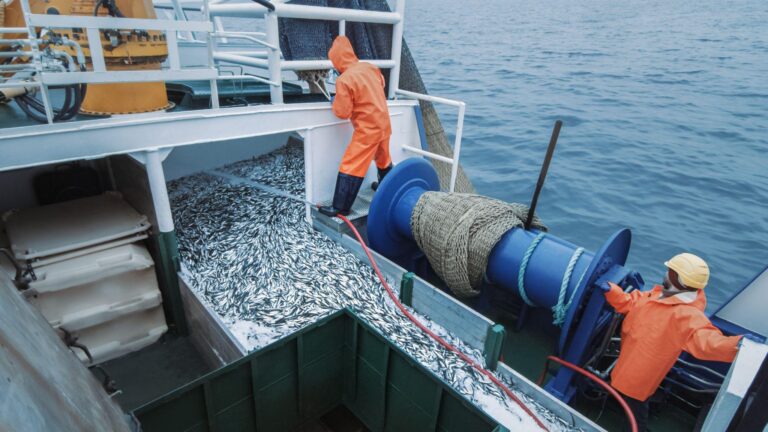Maritime workers play a critical role in the global economy, navigating vast oceans and handling complex equipment. Given the unique challenges they face, maritime law offers them specific protections and benefits. Among these protections are “maintenance and cure benefits.” If you’re a maritime worker or someone interested in general maritime law, understanding these benefits is crucial.
Here’s an overview of maintenance and cure benefits for sick or injured maritime workers.
What Are Maintenance and Cure Benefits?
Maintenance and cure benefits are as old as maritime law itself, originating from ancient sea codes. Essentially, these benefits are a shipowner’s obligation to provide for a seaman’s essential needs if they fall ill or are injured while in the service of the ship.
What Is Considered Maintenance?
This refers to the daily living expenses a seaman is entitled to while recovering. It covers costs like rent, utilities, and food. The goal is to ensure that a sick or injured seaman can sustain themselves on land, just as they would have aboard the ship.
What Is Considered Cure?
This pertains to the medical expenses related to the seaman’s illness or injury. From doctor’s visits to surgeries and rehabilitation, the shipowner is responsible for ensuring that the seaman receives the necessary medical treatment until maximum medical improvement is achieved.
When Are Seamen Entitled to Maintenance and Cure Benefits?
It’s crucial to understand the circumstances under which maritime workers are entitled to these benefits. Essentially, if a seaman is injured or falls ill while in the service of the ship, they qualify for maintenance and cure benefits. “Service of the ship” is a broad term and doesn’t only apply to injuries on the ship itself. It can also cover injuries on a dock or while performing a task related to the ship’s mission.
Also, the injury or illness doesn’t need to be work-related. Even if a seaman contracts a disease that’s not directly related to their job or gets injured during a recreational activity on the ship, they’re still eligible for these benefits.
How Maintenance and Cure Differ From Other Maritime Benefits
Maintenance and cure maritime law is unique and distinct from other legal benefits that maritime workers might receive. For instance, the Jones Act allows seamen to sue their employers for negligence leading to an injury. However, maintenance and cure is a no-fault benefit. This means that even if the seaman’s own negligence contributed to the injury or illness, they’re still entitled to these benefits.
The duty to provide maintenance and cure is so fundamental that any willful refusal by a shipowner to pay maintenance and cure benefits may lead to punitive damages. It’s important for maritime workers to be aware of their rights and for shipowners to understand their responsibilities.
Challenges with Maintenance and Cure Benefits
While the concept of maintenance and cure seems straightforward, complications can arise. Disputes often emerge over what constitutes a “reasonable” daily living expense or whether a seaman has reached maximum medical improvement and no longer needs medical care.
In these situations, maritime lawyers play a pivotal role. They can help navigate the intricacies of maritime law, ensuring that seamen receive the benefits they’re entitled to and that shipowners fulfill their legal obligations.
Get the Legal Help You Need with a Maritime Lawyer
Maintenance and cure benefits are foundational to maritime law, reflecting the unique challenges faced by maritime workers and the industry’s commitment to their well-being. These benefits ensure that seamen have the support they need to recover from injuries or illnesses sustained in the service of a ship.

However, as with any legal matter, complexities can arise. If you’re a maritime worker seeking to understand your rights, it’s vital to consult with experts familiar with maintenance and cure maritime law.
At Schechter, Shaffer & Harris, L.L.P., we pride ourselves on our deep knowledge of the Jones Act and general maritime law. Call today for a free confidential case review.







